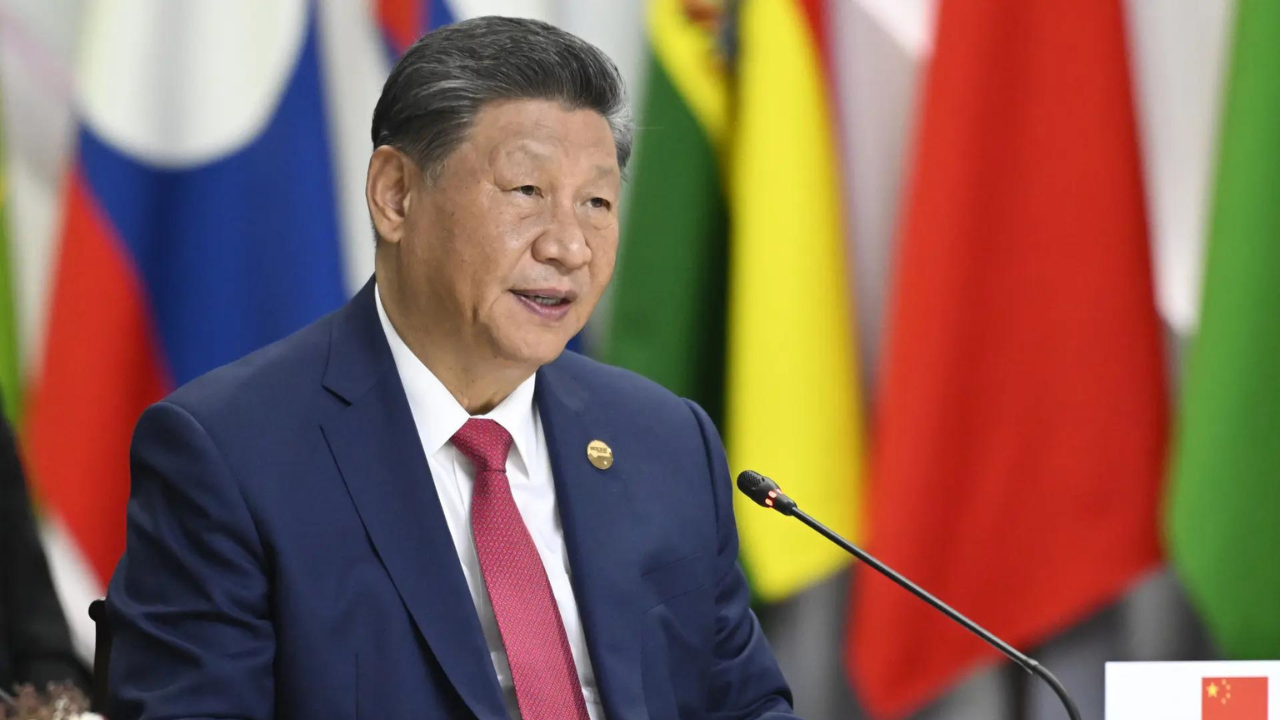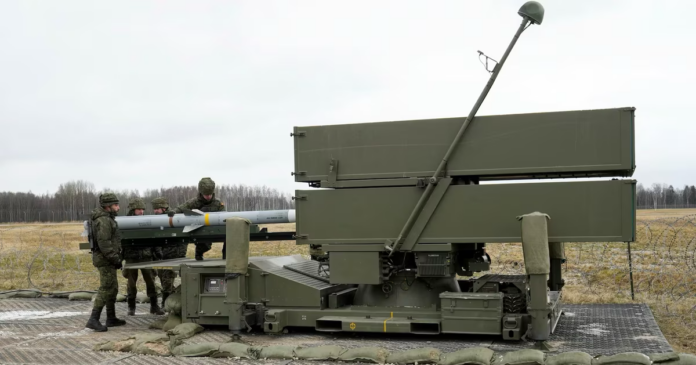In a bold move amid rising tensions with China, the United States has approved a $2 billion arms deal with Taiwan, which includes the advanced National Advanced Surface-to-Air Missile Systems (NASAMS). The deal comes shortly after China’s recent military exercises, which saw a record number of aircraft and naval vessels surrounding Taiwan, signaling Beijing’s intent to assert its claim over the island.
What the $2 Billion Arms Deal Entails
The arms package features NASAMS, an advanced surface-to-air missile defense system that has gained recognition for its effectiveness in the ongoing conflict in Ukraine. The system will provide Taiwan with enhanced capabilities to defend its airspace against potential incursions. This sale underscores the U.S.’s commitment to bolstering Taiwan’s defense, even as China continues to protest such moves as interference in its internal affairs.
The U.S. Department of State emphasized that the arms deal is in line with the Taiwan Relations Act, which mandates the provision of defense articles necessary for Taiwan to maintain a sufficient self-defense capability. The approval also aligns with the broader U.S. Indo-Pacific strategy aimed at countering China’s influence in the region.
China’s “War Games” and Military Escalation Near Taiwan
The arms sale follows China’s unprecedented “war games,” which involved 153 aircraft, 14 naval vessels, and 12 government ships near Taiwan in a single day. This display of military strength around the island is part of China’s strategy to intimidate Taiwan and deter any moves toward formal independence. Beijing views Taiwan as a breakaway province and has vowed to reclaim it, even by force if necessary.
China’s recent military actions are seen as a response to increased U.S.-Taiwan interactions, which Beijing considers a violation of the “One-China” principle. The Chinese government has condemned the U.S. arms sale, warning that it undermines regional stability and escalates tensions.
Strategic Importance of NASAMS in Taiwan’s Defense
NASAMS, developed by the U.S. in collaboration with Norway, is a state-of-the-art air defense system that provides medium-range protection against airborne threats. This battle-tested system, currently deployed in Ukraine, is known for its accuracy and ability to counter various threats, including fighter jets, helicopters, and cruise missiles.
For Taiwan, the inclusion of NASAMS in its defense arsenal strengthens its ability to intercept potential air incursions from China, giving the island nation a significant technological edge. Taiwan’s military officials have welcomed the deal, viewing it as a critical step in fortifying the nation’s defenses.
The U.S.-China-Taiwan Triangle: A Volatile Situation
The arms sale adds another layer of complexity to the already tense U.S.-China relationship. While the U.S. maintains a policy of “strategic ambiguity” regarding Taiwan’s defense, it has increased military support to the island in recent years, causing friction with Beijing.
China’s aggressive military posturing, paired with the U.S.’s continued support for Taiwan, has led to heightened concerns about a potential conflict in the Indo-Pacific. Analysts warn that these tensions could escalate into a direct confrontation, with Taiwan at the center of a geopolitical struggle between two global superpowers.

International Reactions and Regional Impact
The arms deal has garnered mixed reactions internationally. Allies of the U.S. in the Indo-Pacific, including Japan and Australia, have expressed support for the move, as they view a strong Taiwan as essential to regional stability. However, countries wary of provoking China have been more reserved in their responses.
Chinese officials have reiterated that Taiwan’s defense is a red line, and they have not ruled out the possibility of military action to prevent the island from moving toward independence. The potential deal could also prompt China to intensify its military presence near Taiwan or consider economic measures against the island to assert its dominance.
A Critical Moment in U.S.-China-Taiwan Relations
The U.S.’s decision to approve a $2 billion arms sale to Taiwan, including NASAMS missile systems, marks a significant moment in the ongoing power struggle between Washington and Beijing. As China ramps up its military pressure on Taiwan, the arms deal symbolizes the U.S.’s commitment to supporting Taiwan’s defense capabilities, albeit without formal recognition.
With Taiwan at the heart of U.S.-China tensions, the path forward remains fraught with risks. Both nations must navigate this delicate balance carefully, as any miscalculation could lead to a conflict that would have far-reaching consequences for the region and beyond.

